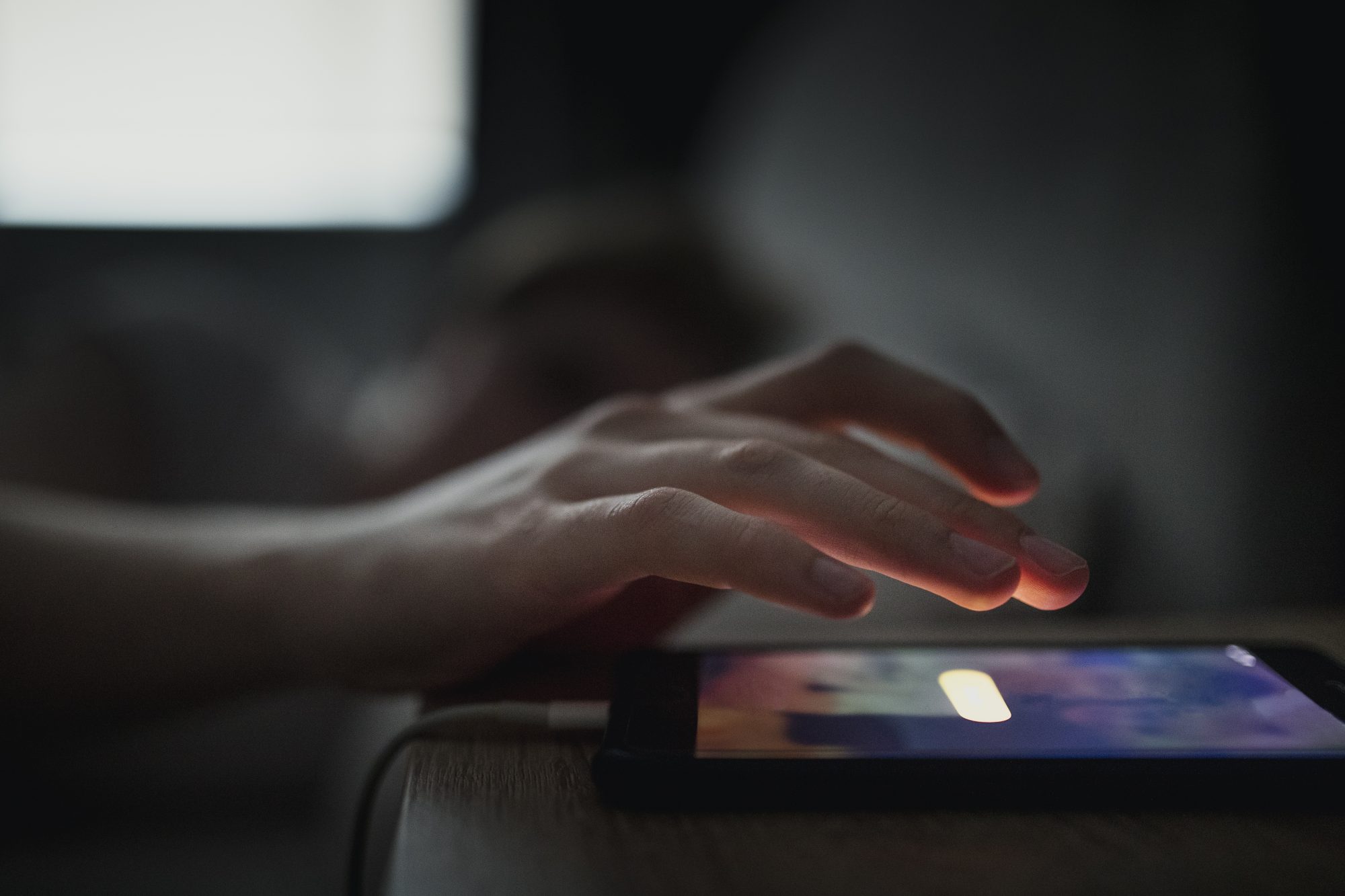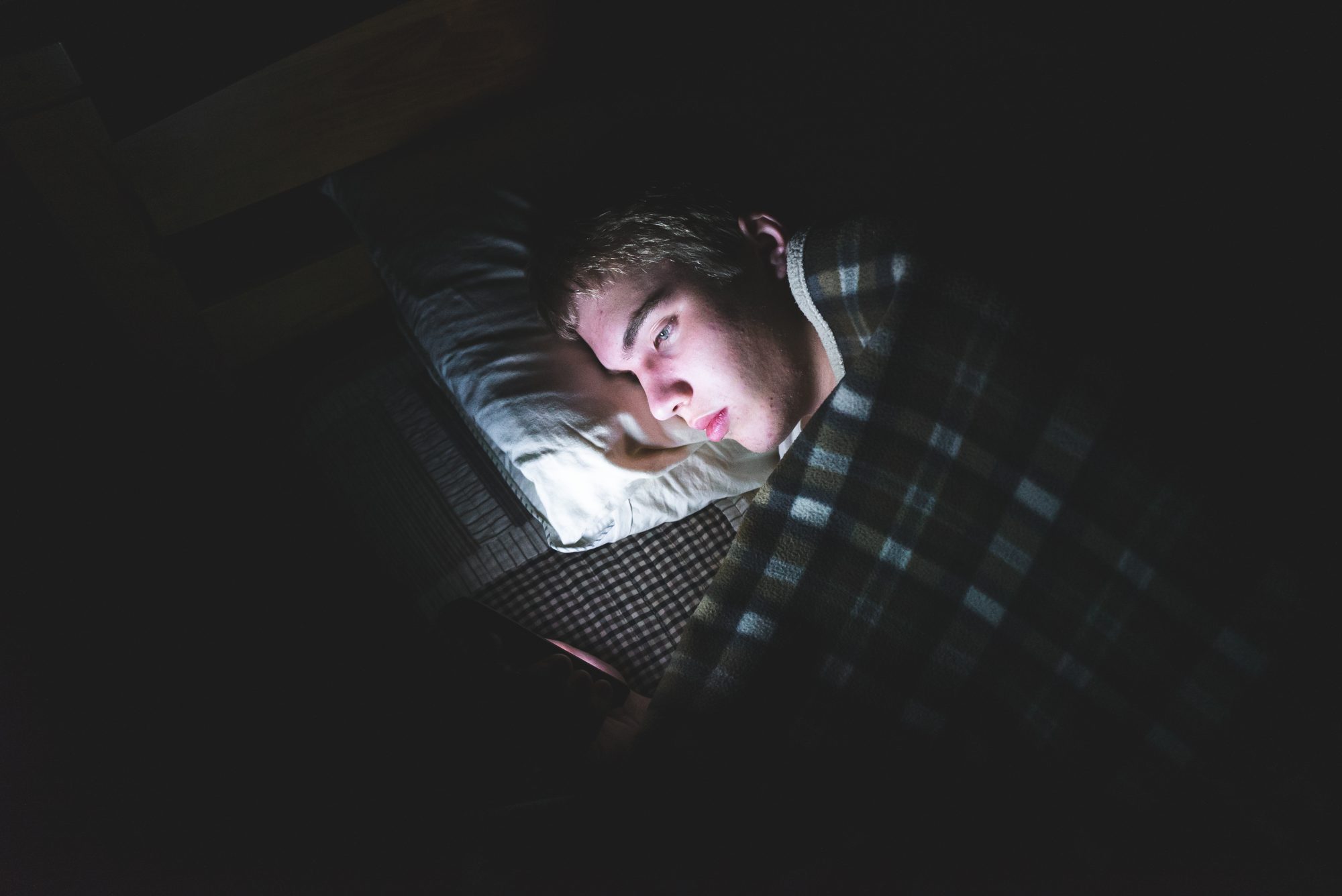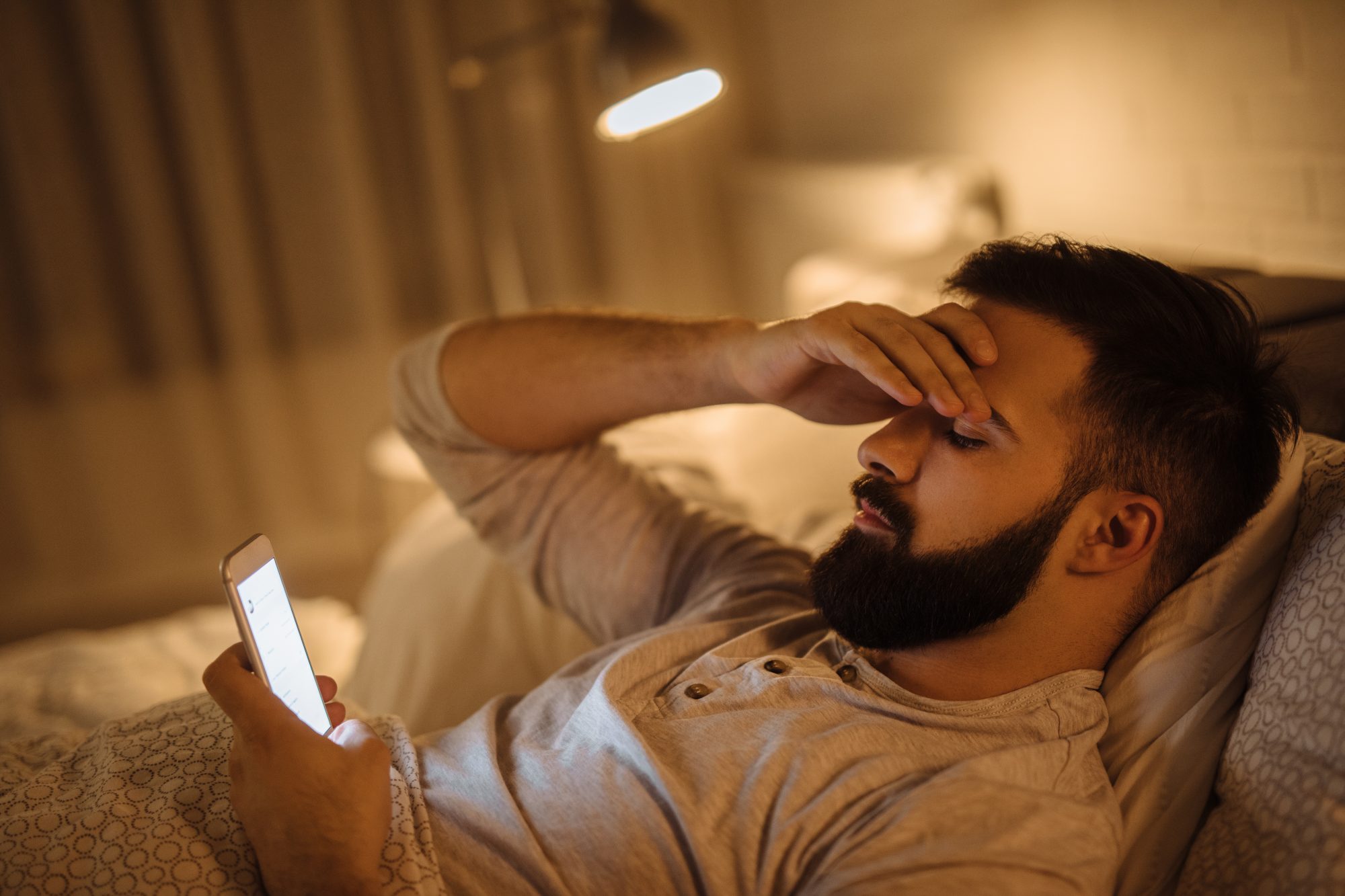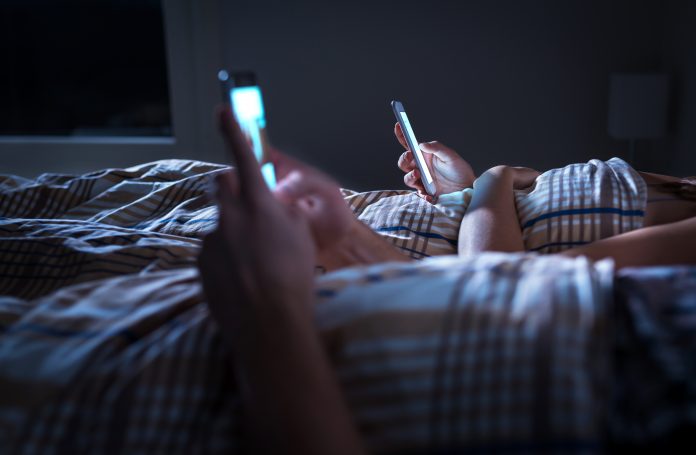With 6.3% of the population currently suffering, Dr Deborah Lee, Dr Fox Online Pharmacy, explores and examines concerns around smartphone addiction (SMA)
With 3.8 billion people worldwide currently using a smartphone, it seems our mobile phones have become integral to modern life. Statistics have shown that we send 427% more messages than 10 years ago, and 278% more texts. So would we manage without one?
Although smartphones have their place, concern has been growing about smartphone addiction (SMA).
6.3% of the population currently suffers from smartphone addiction
Addiction is defined as dependence on a substance or activity. SMA shares many of the characteristics of drug or alcohol addiction. Many of us have become reliant on the smartphone, and this can have negative effects on day-to-day life, affect our mental and physical health, and can result in withdrawal symptoms when use is discontinued, even just for a short time.
Fear of being without your smartphone even has a name – this is known as nomophobia – which stands for NO MObile PHone PhoBIA.

How does smartphone addiction affect us?
In a 2014 review of internet addiction, the authors considered how internet addiction affects our daily lives.
Smartphones fuel internet addiction because they can be used anytime, any place, anywhere. Use of a smartphone allows access to social networking, playing video games online, and allows for internet surfing and scrolling the net. Also, it gives access to gambling, gaming and sexual behaviour sites.
The following issues were all listed as criteria for internet addiction
-
Behavioural issues
- Affects mood, and salience (being noticed – on the internet you become invisible) and can result in social withdrawal within your personal life. Sometimes, we rush to the internet when we feel down or if we feel euphoric– but either way this may not be the right way to deal with these emotions.
-
Tolerance
- Tolerance to the internet may set in, meaning we need more internet use to get the same degree of satisfaction. This can mean saying no to social engagements and missing out on friends and family interactions.
-
Mental health symptoms
- Anxiety and depression may set in when not online. The use of the internet can be seen as a crutch to prop us up – but the problem is – we fear it being taken away from us. We can’t imagine what life would be like without the internet.
-
Withdrawal symptoms
- These may set in if we are without the smartphone for any length of time. If we go for a few days without it, we often become irritable, anxious, tense and even bored.
-
Cravings
- We may experience cravings when we feel longing and anticipation for the next time we will be able to use the smartphone.
Phone addiction means we may feel out of control when we are not on the smartphone, and when we are on the phone, we constantly need ‘just a few more minutes.’ But if we try to ration out phone use, this frequently fails, and we relapse, readopting the old fervent pattern of usage.
-
Affects relationships with friends and family
- Conflicts can occur with family and friends if we are overusing the phone and not joining in with family events, gatherings and social functions in the normal fashion. We may even find ourselves lying about our phone use, being defensive about it, and trying to use the phone in secret.
-
Affects our sexual relationships
- Preoccupation with the mobile phone can also affect libido and sexual function and harm our relationships.
-
Affects work life
- Phone usage can affect work life, making us late for meetings, finding it hard to concentrate, and reducing productivity.
-
Become more sedentary
- Phone addiction can lead to us opting out of previous hobbies and pastimes, including sports, and as we become more sedentary, this is hugely deleterious for our health.
-
Disrupts sleep
- Mobile phone use is well known to disrupt sleep. Blue light emitted from electronic devices inhibits the release of the sleep hormone, melatonin. Plus the temptation to check messages and surf the net during the night can be irresistible. This leads to insomnia, disrupted sleep and shorter periods of sleep, all of which have serious consequences for our health.
Do you recognise any of these above features with your own smartphone usage?

What do Addiction specialists say about and smartphone addiction
Addiction specialists believe that smartphone addiction leads to or exacerbates the following:
- Sleep deprivation
- Stress
- Anxiety
- Depression
- Reduced ability to concentrate
- Impaired creativity
- Psychological disorders – PTSD, mania, and personality disorders
- Attention Hyperactivity Deficit Disorder (ADHD)
- Eating disorders
- Relationship difficulties
- Loneliness
- Feelings of insecurity
- Poor performance
How does SMA affect brain function?
Use of a smartphone can affect the biological and biochemical processes of brain function.
Changes in GABA neurotransmitter
- A recent 2020 research study examined levels of the brain neurotransmitters gamma aminobutyric acid (GABA) and glutamate in the anterior cingulate gyrus (ACC), in 19 young people with smartphone addiction and 12 healthy controls. Psychological testing and MRI brain scans were conducted, and 12 of those addicted underwent cognitive behavioural therapy (CBT).
- GABA, but not glutamate, levels were higher in those with smartphone addiction and decreased to the normal range after 9 weeks of CBT. GABA and glutamate levels were seen to be correlated with internet addiction, depression and anxiety scores. Higher GABA and glutamate scores also correlated with insomnia severity and sleep deprivation scores.
- Other studies have linked either high or low GABA levels to psychiatric disorders including schizophrenia, ADHD and panic disorder.
- The ACC is the region of the brain responsible for cognitive and emotional processing. ACC dysfunction is associated with emotional instability and a reduction in social interactions.
Grey matter changes
- A 2016 study compared 34 college students with high mobile phone addiction scores, with 34 healthy controls. Distinct brain changes were seen in the addiction group. Grey matter volume was reduced in specific areas of the brains in those with mobile phone addiction compared to the controls. The authors commented that this was probably the first study that has documented physical changes in brain structure in relation to mobile phone use.
- In a 2019 study of 39 young adults with internet addiction and 49 healthy controls, psychometric testing and MRI brain scanning revealed a significantly smaller grey matter volume in the right lateral orbitofrontal cortex (OFC) than in healthy controls. The OFC is an area of the brain which forms part of the reward system, meaning it affects decision-making and is involved in impulsivity. Disturbed OFC function is thought to contribute to the development and maintenance of addictive behaviour.
Suicide
- Unfortunately, many research studies have demonstrated a link between excessive smartphone use and suicidal thoughts in young people. The risk of suicide is highest in young people suffering from depression and dependence on their mobile phone. Parents and social workers need to be made aware of this association.

What to do if you have SMA
Take note that SMA is different from normal mobile phone use. Signs of smartphone addiction include using the phone secretively, lying about it, people commenting on our excessive use of the phone, constantly checking profiles and being unable to put the phone down, getting angry when criticized about your phone use, having accidents or injuries while using the phone, and getting up at night to check your phone.
Think hard about the situation. Has your mobile phone use gotten out of hand? Is it negatively affecting your work, home life, relationships, mental and physical health? How much better would life be if you could get this under control?
Everyone needs to take steps to limit their mobile phone use. But once SMA has set in this is a serious problem. CBT, group therapy or psychotherapy are recognised treatments. Take a look at Internet and Technology Addicts Anonymous. Don’t suffer in silence – it’s time to seek help.
- What steps can you take to modify your smartphone use and improve your quality of life?
- Is it time you sought help for your SMA?
Find a helpful guide on smartphone and internet addiction here











